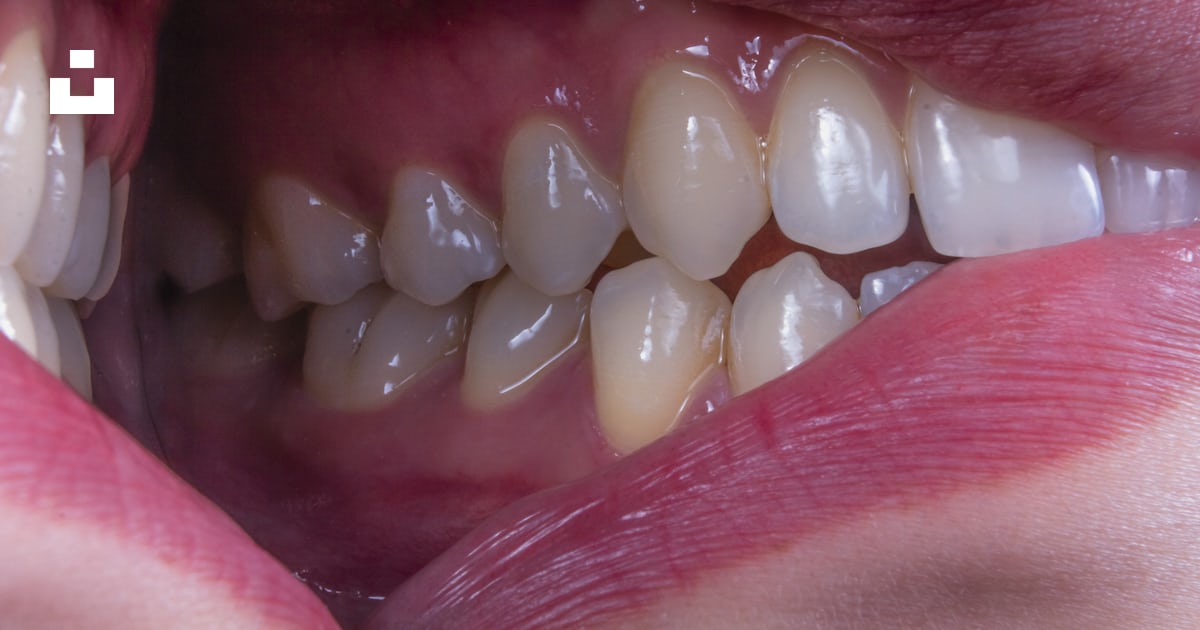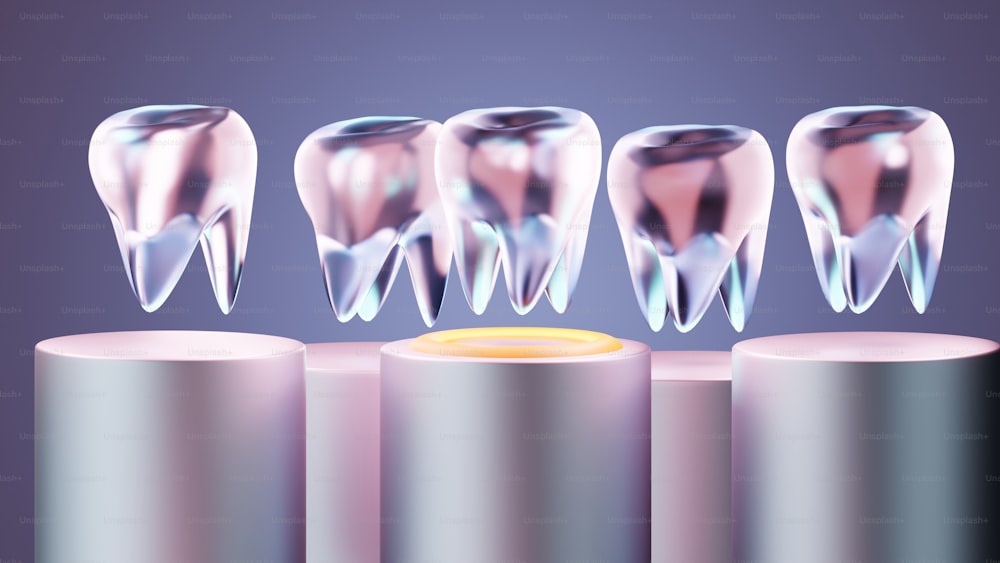Full Mouth Dental Implants Columbus OH - Dental Implant Hartford OH
Full Mouth Dental Implants Columbus OH - Dental Implant Hartford OH
Blog Article
Dental Implant Centerburg OH - Dental Services - Ohio
Bone density plays an important function in the success of dental implants. When sufferers need to switch missing teeth, the underlying bone buildings must be robust sufficient to help the implant. Insufficient bone density can result in issues which will have an result on the overall outcome of the surgery and the longevity of the implant.
Dental implants depend on a process known as osseointegration. This involves the implant fusing with the surrounding bone to supply stability and assist (Dental Implant Granville OH). In instances the place the bone density is inadequate, the implant could fail to combine properly. This can lead to motion, discomfort, and, finally, the necessity for elimination.
Several components influence bone density, together with age, food plan, lifestyle, and certain medical conditions. For instance, osteoporosis, a condition characterized by weakened bones, significantly affects bone density and may negatively impact implant success rates. Understanding these contributing components is important for both practitioners and sufferers in search of dental implant procedures.
Dental Implant Johnstown OH - Best Dental Implants near Ohio
Before undergoing implant surgery, an intensive evaluation of bone quality and quantity sometimes occurs via imaging strategies similar to X-rays or CT scans. These instruments assist to gauge whether or not the existing bone structure is enough for supporting implants. If the analysis reveals that the bone density is too low, various methods could be employed to deal with the issue.
Bone grafting is considered one of the commonest procedures used to reinforce bone density earlier than dental implant placement. This involves transplanting bone material, which may come from the patient’s personal body or a donor, into the world where bone density is missing. Through this methodology, the new bone material integrates with the existing bone, creating a stronger basis for the implant.
In some instances, sufferers could opt for synthetic bone grafts or allografts, which are taken from different human sources. The alternative between these choices usually depends on the patient's total health, preferences, and the specific necessities of the surgical procedure. Each choice has its professionals and cons by way of healing time, success charges, and the potential for issues.
Another alternative to improve bone density is using progress elements, which promote the regeneration of bone cells. These organic materials may be administered in the course of the implant procedure to spice up healing and integration. Although this approach is relatively newer in comparison with conventional grafting methods, it holds promise for enhancing implant success in low-density bone areas.
Dental Implant Centerburg OH - Dental Services - Ohio

Patients must additionally play an energetic function in maintaining their bone density. A balanced diet wealthy in calcium and vitamin D is important. Weight-bearing exercises are inspired as they stimulate bone reworking and increase total bone strength. Dental Implant Condit OH. Lifestyle decisions, corresponding to quitting smoking and reducing alcohol consumption, can also have a constructive influence on bone health.
The age of the affected person can further complicate the influence of bone density on implant success. Older adults usually face decreased bone density as a end result of natural getting older processes. For these sufferers, thorough assessments are even more essential, because the success of an implant can be influenced significantly by age-related adjustments Get More Information in bone structure.
Dental Implant Johnstown OH - Dental Implant Services in Ohio
Moreover, post-operative care has a hand in the long-term success of implants. Proper oral hygiene and regular dental visits are important in maintaining bone health around implants. If the bone surrounding the implant becomes contaminated or inflamed, it may result in implant failure because of peri-implantitis, a condition just like gum disease.
Complications arising from low bone density don't end with implant failure. They can also lead to monetary and emotional pressure for sufferers. The prospect of extra surgical procedures or prolonged therapeutic times may be daunting. It's important for healthcare suppliers to maintain patients informed about these potential risks through the preliminary consultation.
Dental Implant Johnstown OH - Dental Services - Ohio
Although advances in dental technology and strategies have improved success rates, bone density stays a key think about attaining lasting outcomes. Personalized treatment plans based on the precise conditions of every affected person can considerably enhance the likelihood of profitable implant placement. This tailor-made approach can present realistic expectations for each the practitioner and the patient, resulting in larger satisfaction with the outcome.
Proper training about bone health and implant procedures can empower patients to make knowledgeable decisions relating to their dental care. Awareness of the influence of things like bone density on dental implants fosters a proactive perspective toward oral health, encouraging individuals to hunt skilled steering when necessary.
In conclusion, understanding the impact of bone density on dental implant success can't be overstated. From pre-operative assessments to post-operative care, each step in the course of depends closely on the condition of the underlying bone structure. By addressing issues related to bone density via varied strategies like grafting, way of life modifications, and superior remedies, each practitioners and patients can work collectively to ensure the very best outcomes for dental implant procedures.
Dental Implant Pataskala OH - Oral Surgery
By acknowledging these important elements, individuals can achieve not only dental restoration but in addition total health improvement. Continuous analysis and innovation on this subject further spotlight the importance of robust dental care and comprehensive patient training, paving the way for optimal dental implant success.
- Adequate bone density provides essential main stability for dental implants, significantly influencing their initial success during osseointegration.
- Lower bone density can lead to elevated micromovement of the implant, which can hinder correct integration and lead to implant failure.
- Patients with osteoporosis usually show reduced bone quality, which necessitates cautious planning and probably the use of alternative materials or methods for profitable implantation.
- The distribution of bone density across the implant website is important; areas with uneven density could contribute to compromised load distribution, impacting longevity.
- Bone density assessment through imaging techniques previous to surgery may help in selecting the suitable implant measurement and form, optimizing the chance of success.
- In instances of inadequate bone density, bone grafts or augmentation procedures may be necessary to reinforce the implant website, although they may introduce additional risks.
- The use of surface modifications on implants can enhance osseointegration in areas of low bone density, growing the likelihood of long-term implant stability.
- Systemic health components related to bone density, corresponding to hormonal imbalances and dietary deficiencies, can instantly affect the therapeutic response post-implantation.
- Continuous monitoring of bone density may be useful in maintaining implant success, particularly in patients at risk for accelerated bone loss over time.
- Comprehensive analysis of bone density not solely aids in surgical planning however can even guide post-operative care methods to boost affected person outcomes.undefinedWhat is bone density, and why is it essential for dental implants?
Bone density refers back to the amount and quality of mineral content in bone tissue, which is essential for providing a secure basis for dental implants. Higher bone density sometimes results in larger implant stability and longevity - Dental Implant Galena OH.
Dental Implant Johnstown OH - Dentist near Ohio
How does low bone density affect dental implant success?
Low bone density can compromise the combination of the implant with the jawbone, resulting in a better failure rate. Insufficient bone may not help the implant adequately, resulting in issues like mobility or even full loss of the implant.
Dental Implant Johnstown OH - Dentist near Ohio
Can bone density be improved before dental implant procedures?
Yes, certain remedies, such as bone grafting or guided bone regeneration, can enhance bone density. These procedures can construct up the bone structure earlier than placement of the implant, growing the chances of success.
What assessments are accomplished to evaluate bone density for implants?

Dental professionals typically use imaging strategies like panoramic X-rays, cone beam computed tomography (CBCT), and even bone density checks to assess the check this quality and quantity of bone available for implant placement.
Dental Implant Johnstown OH - Dentist near Ohio
How does age have an effect on bone density in relation to dental implants?
As people age, bone density can decrease, which may influence the success of dental implants. Older adults could require extra assessments or preparatory procedures to ensure sufficient bone help earlier than implantation.
Dental Implant Hartford OH - Dental Implant Placement
What lifestyle elements affect bone density and, consequently, dental implant success?
Factors corresponding to food regimen, bodily activity, smoking, and alcohol consumption can considerably influence bone density. A balanced food plan wealthy in calcium and vitamin D, together with common train, can help keep or improve bone health.
Dental Implant Granville OH - Best Dental Implants near Ohio
Are there particular medical conditions that can have an result on bone density and dental implant outcomes?
Yes, conditions corresponding to osteoporosis, diabetes, and sure hormonal imbalances can influence bone density. Patients with these conditions could require more intensive planning and monitoring to ensure profitable implant integration.
What steps can dentists take to maximize implant success in patients with low bone density?
Dentists can recommend remedies like bone grafting, make the most of specialized implant designs, and consider methods like sinus lifts to reinforce available bone. Comprehensive planning and personalized remedy are crucial for success.
Dental Implant Galena OH - Dental Services

What is the long-term outlook for dental implants in sufferers with varying bone densities?
Long-term success of dental implants is commonly correlated with bone density. Patients with larger bone density usually experience better outcomes, while these with low density may need additional interventions or monitoring to hold up implant stability over time.
Report this page